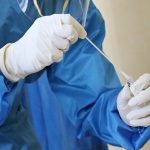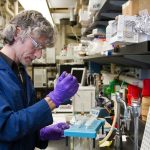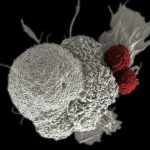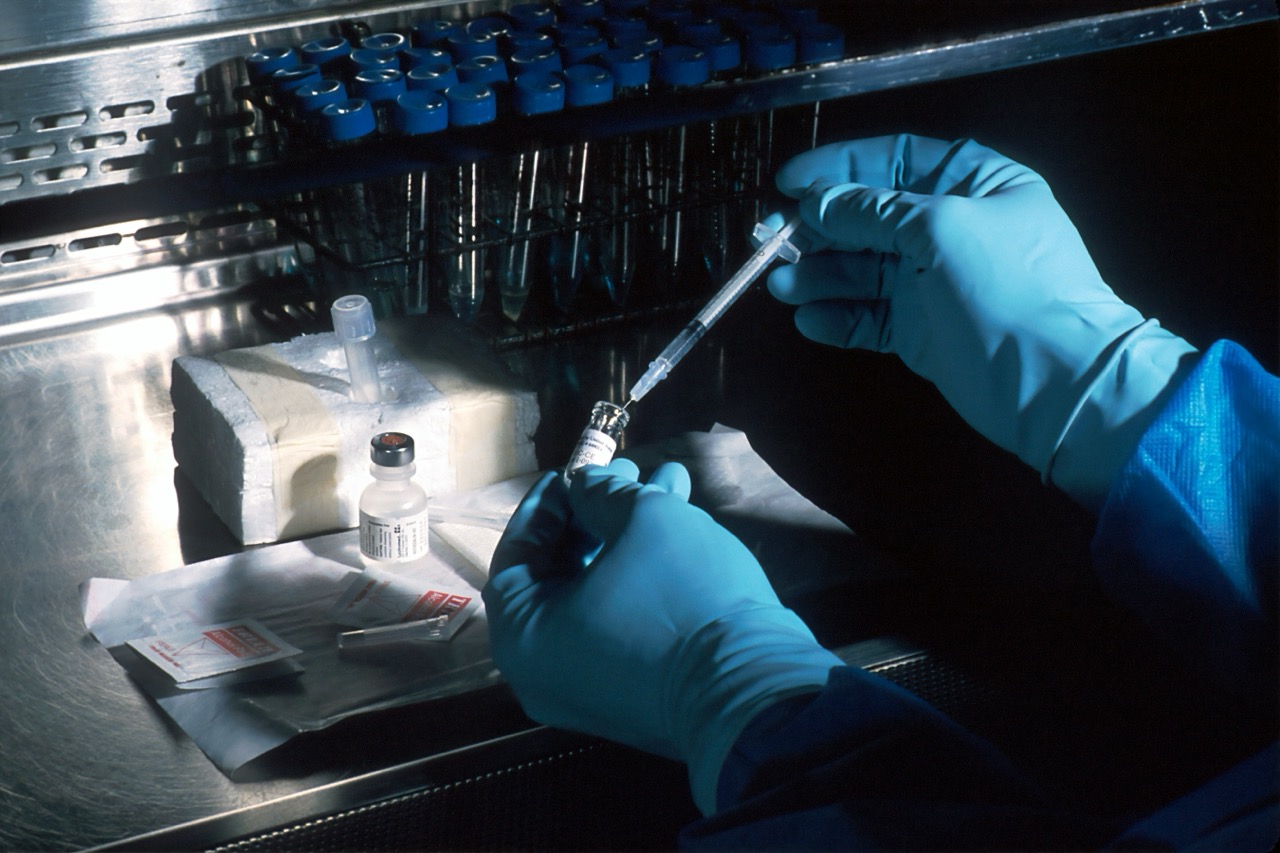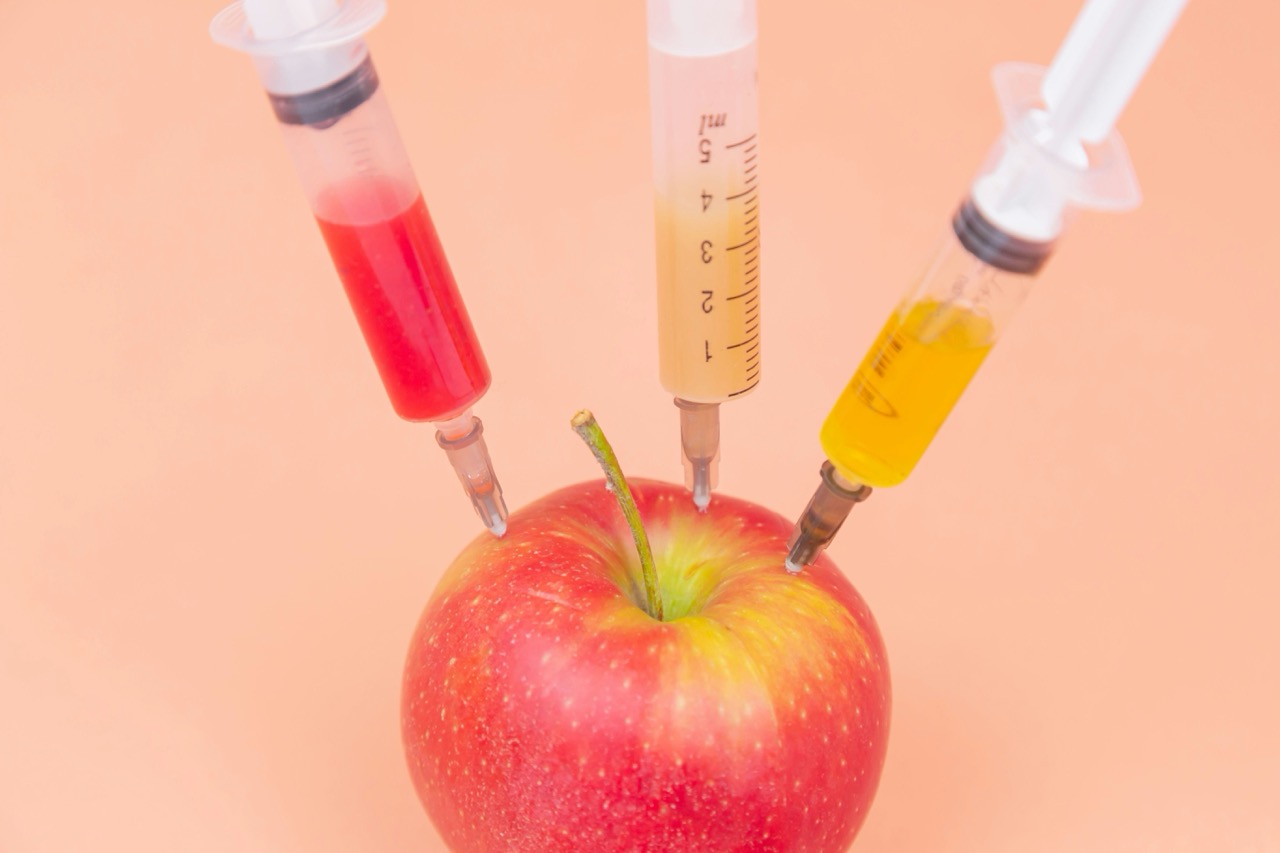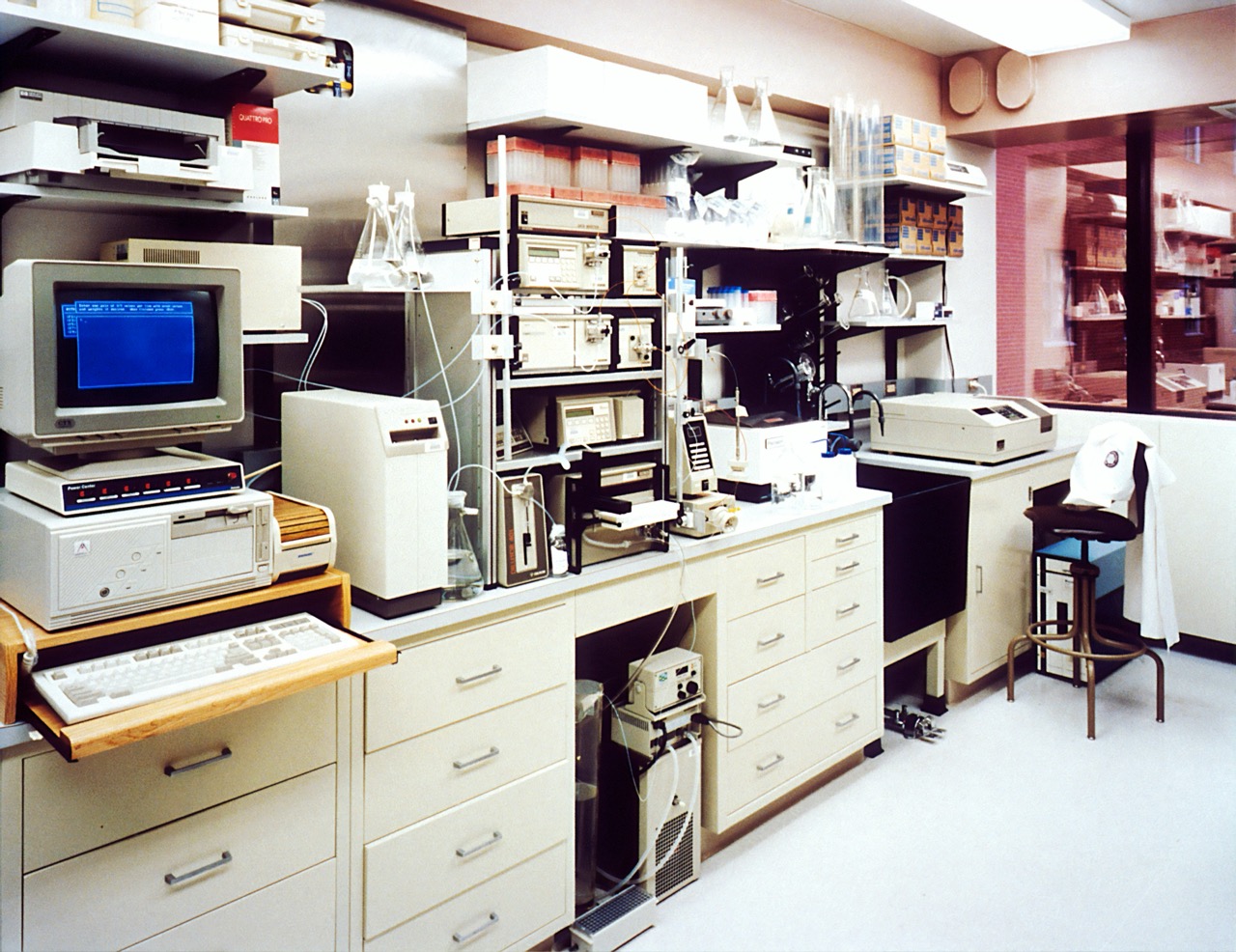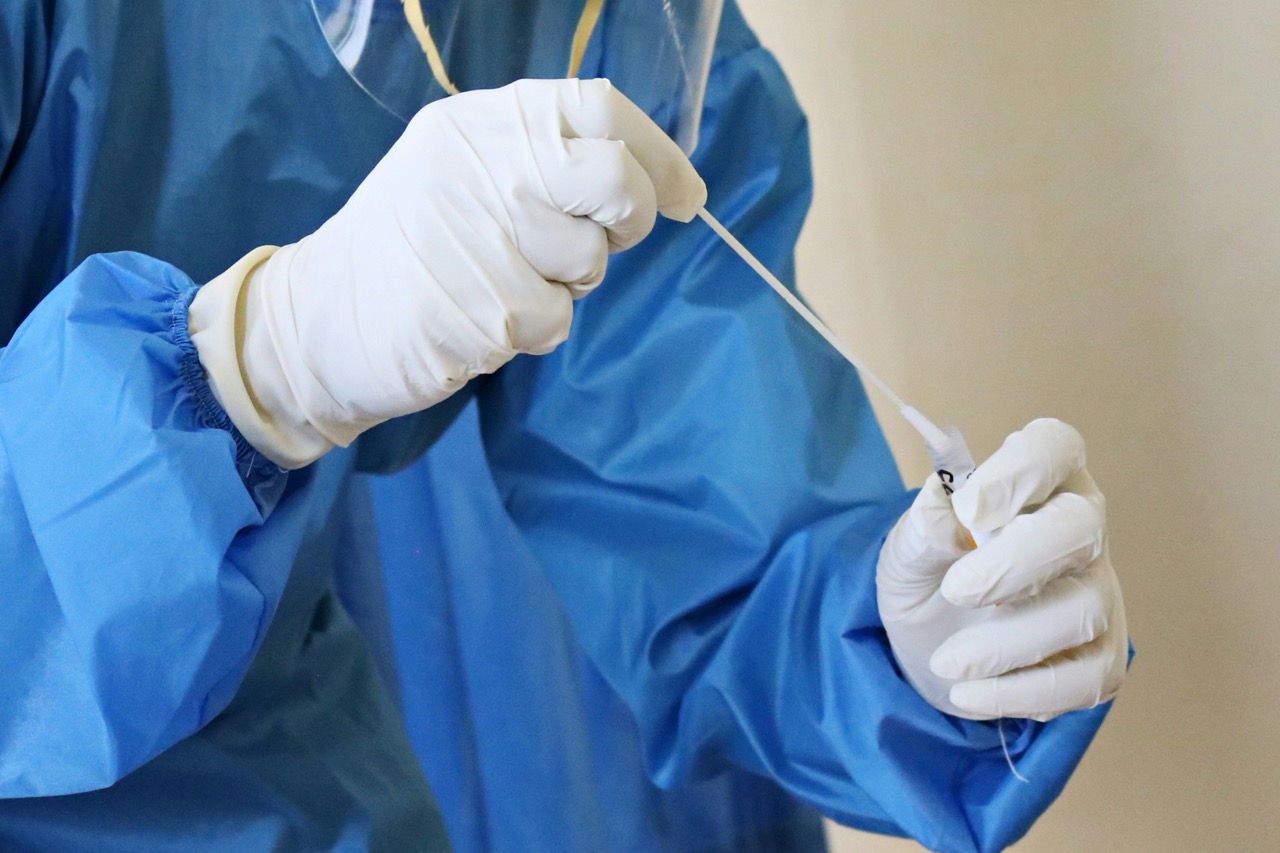Human Papillomavirus (HPV) is one of the most common sexually transmitted infections globally, with over 200 identified types. While many HPV infections clear up on their own, some can lead to serious health implications, including cervical cancer and other malignancies. Research suggests that maintaining optimal health, particularly gut health, can play a vital role in the body’s ability to manage HPV and its effects. This article explores the interplay between HPV, gut health, and the potential benefits of probiotics.
Understanding HPV: Its Impact on Overall Health
HPV is often asymptomatic, making it challenging to diagnose and manage. The virus is primarily transmitted through intimate skin-to-skin contact, and while most individuals will clear the virus naturally within two years, persistent infections with high-risk strains can lead to cellular changes and, eventually, cancer. According to the World Health Organization (WHO), HPV is responsible for nearly all cervical cancer cases, alongside contributing factors to other cancers such as anal and oropharyngeal cancers.
The impact of HPV extends beyond these serious conditions. Many individuals experience anxiety and emotional distress due to their diagnosis, which can affect overall well-being. Additionally, chronic HPV infections may contribute to other health issues, such as recurrent urinary tract infections and inflammation, which underscores the importance of a robust immune response and overall health to combat the effects of the virus.
Understanding the factors that influence the immune system, including diet, lifestyle, and gut health, is crucial for individuals affected by HPV. A holistic approach that incorporates these elements may enhance the body’s ability to fight off viral infections and prevent the development of related health complications.
The Connection Between Gut Health and Immunity
The gut microbiome—comprised of trillions of microorganisms—plays a pivotal role in regulating immune responses and maintaining overall health. A balanced gut microbiome supports the production of essential vitamins and short-chain fatty acids, helps to digest food, and protects the body from harmful pathogens. Research indicates that a healthy gut microbiome is directly linked to a well-functioning immune system, which is vital for fighting off infections, including viral infections like HPV.
Disruptions in gut health, often termed dysbiosis, can lead to a compromised immune system. Factors such as poor diet, stress, lack of sleep, and antibiotic use can alter the composition of gut bacteria, leading to inflammation and reduced immune efficacy. The immune system relies on a diverse microbiome to recognize and respond to pathogens effectively. Therefore, maintaining gut health is essential for overall wellness and disease prevention.
Emerging studies suggest that strengthening the gut microbiome through dietary choices and supplementation can enhance the body’s immune response. This connection highlights the potential for gut health interventions to support individuals affected by HPV or those at risk of infection, emphasizing the need for further research in this area.
Probiotics: Definition, Types, and Health Benefits
Probiotics are live microorganisms that confer health benefits to the host when consumed in adequate amounts. They are commonly found in fermented foods such as yogurt, kefir, sauerkraut, and dietary supplements. Probiotics can be classified into various strains, each offering unique benefits; for instance, Lactobacillus and Bifidobacterium are among the most widely studied strains known for their positive effects on gut health and immune function.
The health benefits of probiotics extend beyond the gut, as they have been shown to enhance the immune system, reduce inflammation, and improve digestive health. Regular consumption of probiotics can help restore balance to the gut microbiome, particularly after disturbances caused by antibiotics or illness. Furthermore, probiotics may assist in managing conditions like irritable bowel syndrome (IBS) and inflammatory bowel disease (IBD), highlighting their versatile role in maintaining health.
Research is increasingly supporting the idea that probiotics can have systemic effects on health, including mental health and skin health. Their ability to modulate the immune response suggests potential benefits for conditions influenced by immune function, such as HPV. Understanding the diverse roles of probiotics can help individuals make informed choices regarding their use as a supplemental approach to enhance health and support immunity.
Exploring the Role of Probiotics in HPV Management
The relationship between probiotics and HPV management is an emerging area of interest in medical research. While there is currently no definitive evidence that probiotics can eradicate HPV, their role in supporting immune health could be beneficial for individuals facing HPV infection. Probiotics may help bolster the immune response, which is critical for clearing persistent HPV infections and preventing related complications.
Preliminary studies suggest that specific probiotic strains may have antiviral properties, which could contribute to reducing the viral load or promoting a healthier balance of the microbiome in the genital tract. This may be particularly beneficial for women with HPV, as a healthy vaginal microbiome is essential in preventing the persistence of the virus and associated inflammatory responses that can lead to cervical dysplasia.
Incorporating probiotics into a comprehensive HPV management plan could offer a complementary approach alongside regular screenings and vaccinations. However, further research is needed to establish the most effective strains and dosages for supporting HPV management and overall reproductive health. As awareness grows regarding the importance of gut health, probiotics may become an integral component of holistic health strategies for individuals affected by HPV.
In conclusion, the relationship between HPV, gut health, and probiotics presents a promising area for future research and health strategies. While probiotics alone are not a cure for HPV, maintaining gut health through probiotics and a balanced diet could support immune function and overall well-being. Individuals affected by HPV should consider a holistic approach that encompasses dietary, lifestyle, and medical interventions to enhance their health and manage the virus effectively. Continued research in this domain may open new avenues for improving health outcomes for those impacted by HPV, emphasizing the interconnectedness of bodily systems and the importance of a robust immune response.



